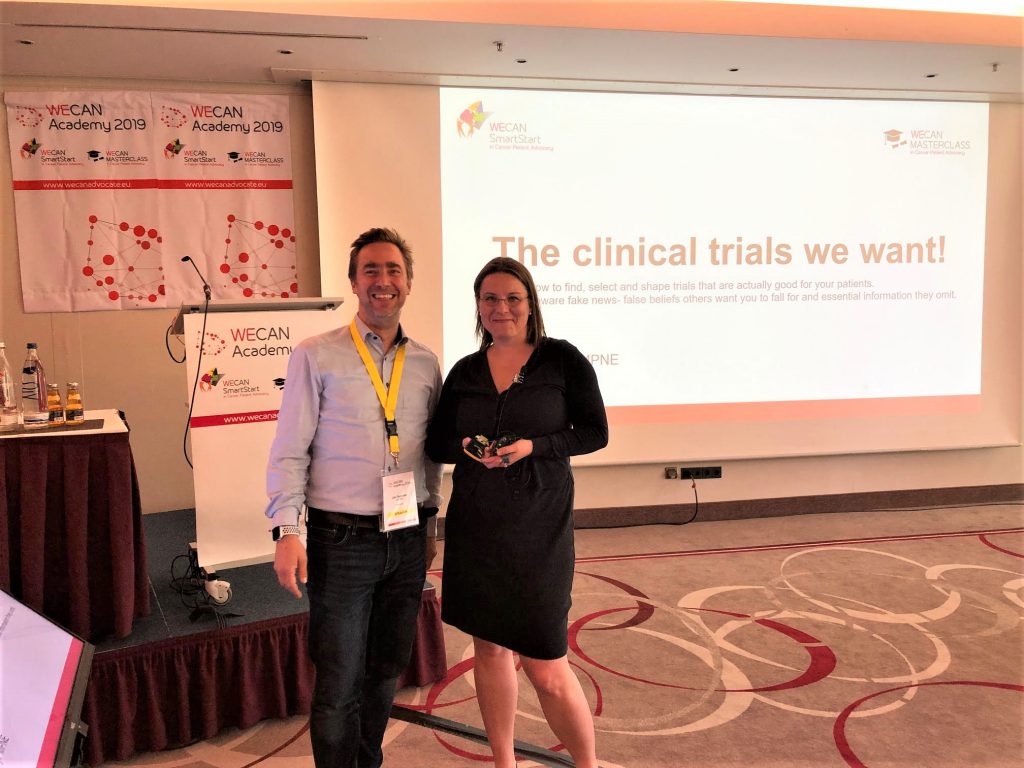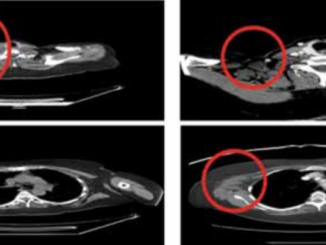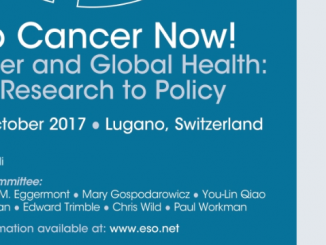Cancer patient advocates from 26 European countries, active across a wide spectrum of cancer types, spent four days last week at the first training course to be developed and run by advocates themselves.
The intensive training ‘Academy’ was organised by WECAN, an informal network of leaders of cancer patient umbrella organisations active in Europe (wecanadvocate.eu).
It marked a milestone for European advocacy in many ways.
It was ambitious in scope. Nine sessions focused on practical skills: how to set up, manage, finance and run a non-profit organisation, how to gather evidence, present their case, and get their voice heard. Eight sessions offered a primer in healthcare systems, policy and access to new treatments across Europe. A further seven introduced the advocates to the world of medical research, drug development, clinical trials, evaluating evidence, and how patient advocates can influence the research agenda.
It brought in new layers of advocates who work primarily at a national level ‒ out of 87 participants, only 13 said they had attended cancer advocacy training before. They included people with very different experiences and needs: chairpersons of longstanding national umbrella organisations who were looking to train up their constituent groups; patients who had reached out to others in their country via social media networks, and were hoping to set up a proper advocacy organisation; advocates trying to revive groups that had disintegrated as their founding members became too ill to keep them going.
Half the presenters were patient advocates themselves. A strong theme in the feedback was how relevant the presentations, case studies and exercises were, and the passion and motivation speakers brought to the sessions.
“I learned here that I have to be demanding, and what is the most effective way to achieve what we are asking for. There is such good energy, the organisers are so dynamic, they just want us to learn,” said one advocate from Croatia.
Another advocate, who had recently taken over as chairperson of a Spanish cancer patient advocacy group, highlighted the value of information and advice about the practicalities of running an advocacy group. “The session on how to get organised, good governance, was particularly helpful. How an organisation should be structured; understanding the legal framework; who is responsible and accountable for what; how should the organisation work; declarations of conflict of interests ‒ I think this is a fundamental issue.”
All participants were relieved that the slides and training tools would be available online, as much of the information, such as the rules on data privacy, steps in project management, and checklists in evaluating clinical trial reports, was too detailed to remember.
Ananda Plate, chief executive of Myeloma Patients Europe, who chairs the WECAN network, said, “The thing that amazed me the most was the fact that people were actually sitting in the room the entire time. No one went anywhere. They were really breathing it in and participating.”
One of the key challenges for the organisers, she said, was to get beyond the familiar faces who are active at a European level, to reach the people carrying forward the advocacy work at national and local levels. “The sole fact that around 80% of participants were new to us was worth all the effort we put into trying to stimulate the networks to send people,” she said. “We finally managed to get these people into a room. And they are good. I can’t tell you how satisfying that was.”

Bettina Ryll, founder of Melanoma Patient Network Europe and Jan Geissler, co-founder of the CML advocates network
The content and the structure of the WECAN Academy, she added, drew on work done by many different groups of patient advocates over previous years, not least the European sarcoma patient advocacy group SPAEN, which had developed the ‘Smart Smart’ programme for training new advocates. “It is the natural evolution of the cancer patient community to joining forces and being more targeted and efficient,” said Plate.
“We are very grateful to the European School of Oncology for the initial and ongoing support that enabled us to make the WECAN Academy happen, and for the support contributed by so many different speakers and sponsors.”






Leave a Reply